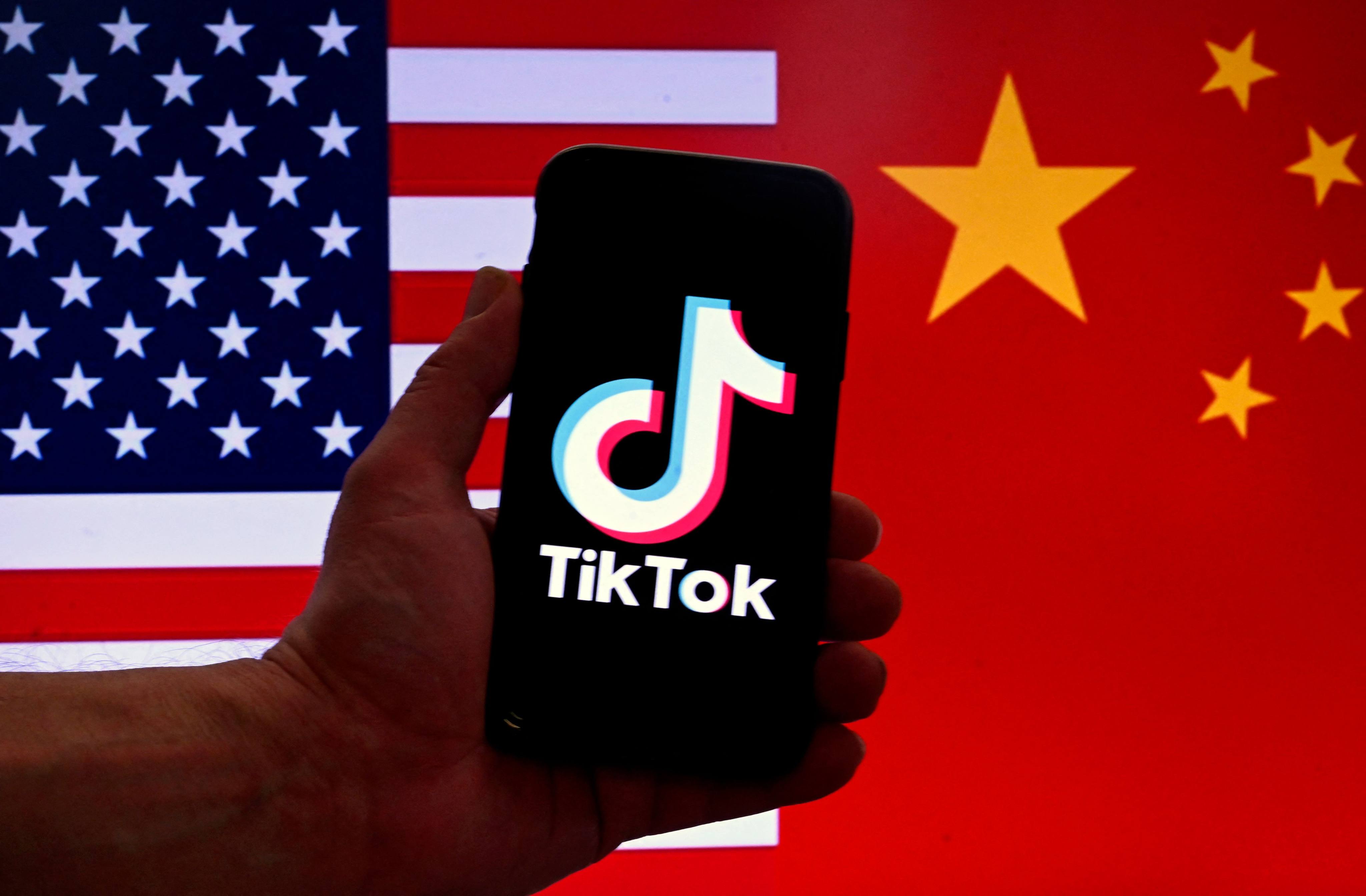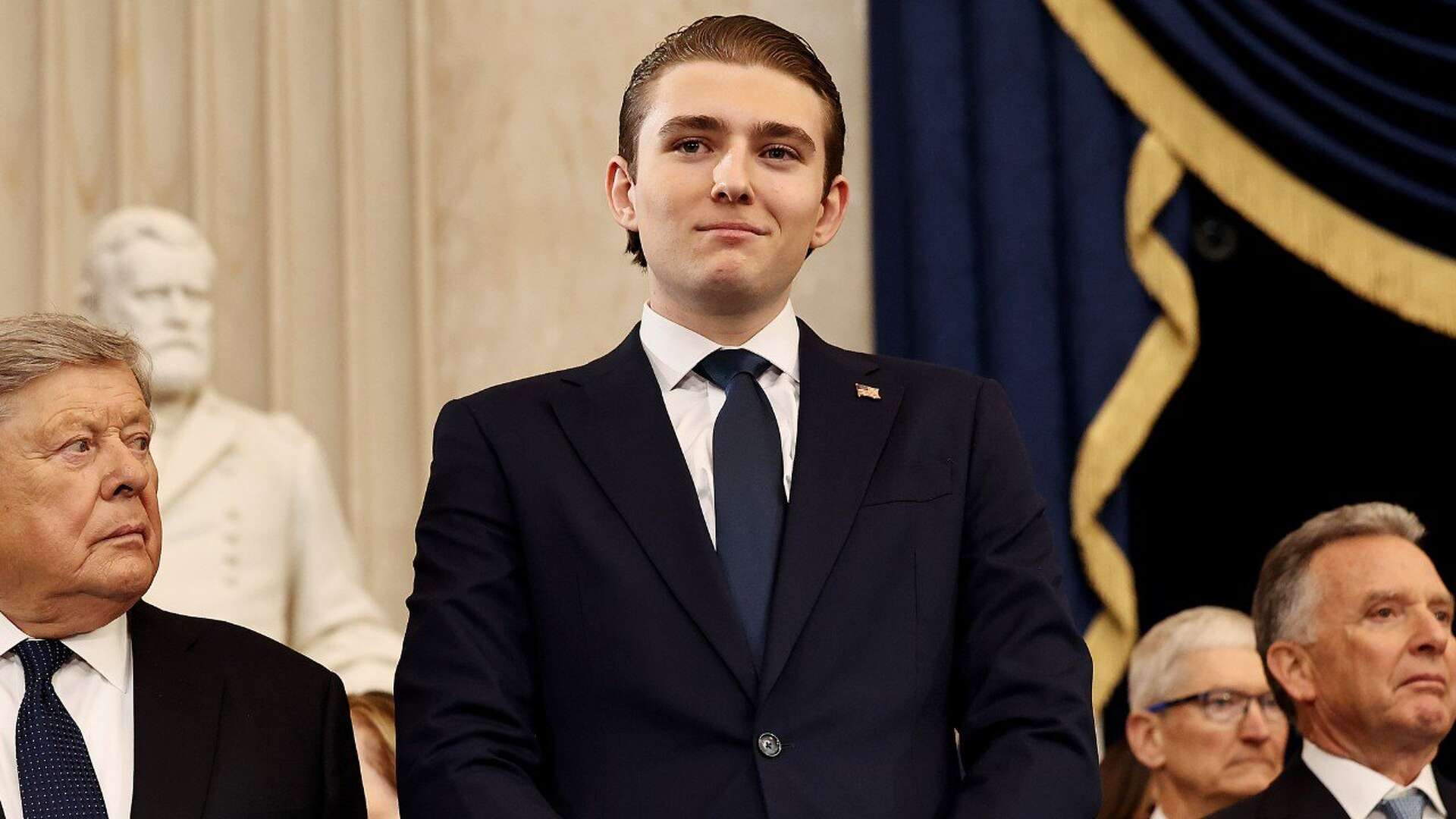
TikTok Ban Unlikely as US and China Agree on Ownership Deal
The fate of TikTok in the United States may finally be shifting after years of uncertainty. US Treasury Secretary Scott Bessent announced that a framework deal has been reached with China to transition the platform into US ownership.
Bessent made the comments after a weekend of trade talks in Madrid, where officials from both countries discussed broader economic cooperation. He confirmed that US President Donald Trump and Chinese Premier Xi Jinping are scheduled to speak Friday to finalize details.
While he declined to share specifics, Bessent emphasized that the commercial terms of the deal had already been agreed upon between private parties.
A Cooperative Approach From Both Sides
Li Chenggang, China’s international trade representative, confirmed that the two nations had reached a “basic framework consensus.” He said discussions were “candid and in-depth,” signaling that both sides are working to resolve TikTok’s future without escalating tensions.
Li added that the talks were not just about TikTok but also about reducing investment barriers and expanding economic cooperation. His remarks were carried by China’s state-run news agency Xinhua.
Observers noted that Chinese Vice Premier He Lifeng, who led Beijing’s delegation, appeared upbeat when leaving the meeting. His smile suggested optimism despite the complexities involved.
Next Steps in Trade Negotiations
The Madrid session marked the fourth round of trade talks between the US and China since Trump reignited tariff disputes earlier this year. Both sides expect a fifth round “in the coming weeks.”
A potential summit between Trump and Xi later this year or in early 2026 is being discussed. Such a meeting could cement the framework deal and build momentum toward a wider trade agreement.
However, analysts warn that trade disputes could still derail progress. Delays or disagreements might push back the expected summit and extend uncertainty for TikTok.
Background on the TikTok Ban
During Joe Biden’s presidency, Congress passed legislation that effectively banned TikTok in the US unless ByteDance sold its controlling stake. The move was framed as a national security measure to protect user data.
Trump has since extended the deadline multiple times, even though the law allows for only one 90-day reprieve. He has argued that as long as negotiations are active, he can delay the ban indefinitely.
The current extension is set to expire Wednesday, just before Trump and Xi are expected to finalize the framework. That timing has added urgency to the negotiations.
TikTok’s Rise to Global Popularity
TikTok is one of more than 100 apps launched by ByteDance, founded in 2012 by Zhang Yiming. First introduced in China as Douyin, it became TikTok when adapted for global markets.
In 2018, ByteDance acquired Musical.ly and merged it into TikTok, propelling the platform into worldwide stardom. The app’s short-form videos and playful trends quickly made it a cultural phenomenon.
TikTok surged further during the COVID-19 pandemic, cementing its place as a dominant force in social media. But with its success came scrutiny, as US officials raised alarms over Chinese data laws and the app’s powerful recommendation algorithm.
Now, with a framework deal on the table, TikTok’s future in the United States may depend on how quickly ownership can be resolved.
Popular Categories





